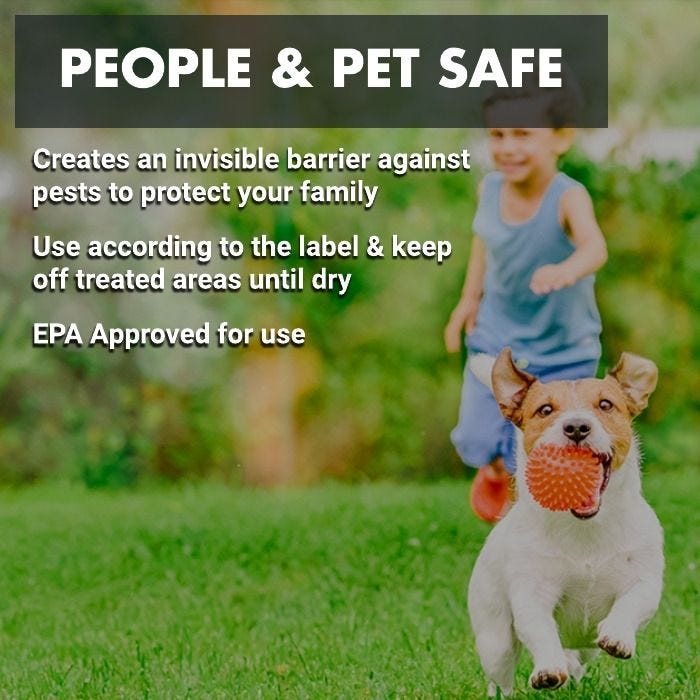Can You Have a Raccoon as a Pet? Legal Status, Lifespan, and Essential Guidance
Understanding the Legality of Pet Raccoons in the United States
Raccoons are intriguing, intelligent animals that sometimes tempt animal lovers with the idea of keeping them as pets. However, before considering a raccoon as a companion, it is critical to understand the complex legal landscape across the United States. Raccoons are classified as wild or exotic animals, and in many states, it is illegal to keep them as pets. In states where raccoon ownership is legal, owning one often requires navigating strict regulations, obtaining permits, and complying with detailed animal welfare standards.
As of 2025, only 16 to 19 states legally permit keeping a raccoon as a pet, and these laws are subject to change. States where it is generally legal (often with permit requirements) include Arkansas, Florida, Illinois, Indiana, Michigan, Nebraska, New Jersey, Ohio, Oklahoma, South Carolina, South Dakota, Tennessee, Texas, Vermont, West Virginia, Wisconsin, and Wyoming [1] [2] [5] . In contrast, raccoon ownership is prohibited in states like California, New York, Oregon, and many others. Regulations also vary within states and may be subject to local ordinances and health department rules. Always confirm the most recent regulations with your state wildlife or agriculture department before taking any action.
Steps to Determine if You Can Legally Own a Raccoon
If you’re interested in having a raccoon as a pet, you should:
- Research your state’s laws: Laws change frequently, so visit your state’s wildlife or agriculture department website, or call their main office. Use search terms like “raccoon ownership regulations” and include your state name for the most accurate results.
- Understand permit requirements: Even in legal states, you typically need a wildlife or exotic animal permit. These can involve background checks, facility inspections, and proof of animal care knowledge.
- Check local ordinances: Some cities and counties have stricter rules than state law. Contact your local animal control or public health office for additional requirements.
- Never take raccoons from the wild: Capturing a wild raccoon is illegal in most states and poses risks to both humans and animals [4] .
Because rules can be complex and change often, if you are unsure about any regulations, consult your state’s Department of Natural Resources or Fish and Wildlife agency for clarification. Many agencies list their contact information online and are prepared to answer questions about exotic animal permits and restrictions.
How Long Do Raccoons Live as Pets?
The typical lifespan of a raccoon in the wild is about 2 to 3 years due to threats from predators, disease, and accidents. In captivity, with proper care, a raccoon can live significantly longer, typically ranging from 5 to 10 years , and in some cases up to 15 years [4] . However, not all raccoons will reach this age due to stress, improper care, or health complications.
Several factors influence the lifespan of a pet raccoon, including:

Source: asia-can.com
- Quality of care: Meeting dietary, social, and environmental needs is essential. Raccoons are highly intelligent and require mental stimulation and secure enclosures.
- Veterinary care: Exotic animal veterinarians are necessary for regular checkups, vaccinations (as available), and emergency treatment.
- Source of raccoon: Raccoons bred in captivity and purchased from USDA-licensed breeders generally live longer than those taken from the wild, who may carry diseases or have behavioral issues.
It is important to note that there are no USDA-approved rabies vaccines for raccoons , which creates additional public health risks and can complicate veterinary care [3] .
Realities and Challenges of Raccoon Ownership
While raccoons are occasionally portrayed as playful or affectionate, the reality is that they remain wild animals even if bred in captivity. They have strong instincts, sharp claws and teeth, and can become aggressive or destructive.

Source: britannica.com
Common challenges include:
- Destructive behaviors: Raccoons are adept at opening containers, doors, and can cause significant damage to furniture and household items.
- Health and safety risks: Raccoons can transmit diseases including rabies, roundworm, and leptospirosis. Even a minor bite or scratch can have serious health implications.
- Legal consequences: In the event of a bite or exposure incident, authorities may be required to euthanize the animal for rabies testing, especially since there is no approved raccoon rabies vaccine [3] .
- Veterinary care: Not all veterinarians treat raccoons. Specialized exotic animal vets may be limited in some regions.
Because of these challenges, most animal welfare organizations and veterinarians recommend against keeping raccoons as pets unless you have extensive experience, the proper legal status, and access to appropriate resources. Instead, consider volunteering with wildlife rehabilitation centers or supporting raccoon conservation efforts if you are passionate about these animals.
Step-by-Step: What to Do If You Want a Pet Raccoon
-
Confirm legality:
Start by verifying state and local laws. Search for ”
your state
raccoon pet ownership laws” or contact your state’s wildlife agency directly. - Obtain required permits: If legal, apply for any necessary permits. This may require background checks, home inspections, and proof of a suitable enclosure.
- Source a raccoon responsibly: Only obtain raccoons from USDA-licensed breeders. Never capture raccoons from the wild. Ask breeders for proof of licensing and health records.
- Prepare your home: Install a secure, escape-proof enclosure. Raccoons are strong, curious, and intelligent, requiring a habitat that prevents escapes and satisfies their need for stimulation.
- Arrange veterinary care: Locate an exotic animal veterinarian who regularly treats raccoons. Schedule an initial health exam and discuss ongoing care requirements.
- Educate yourself: Read reputable resources on raccoon care and behavior. Consider reaching out to wildlife rehabilitators or exotic pet organizations for guidance.
If your state does not allow raccoon ownership, or if you are unable to meet the requirements, do not attempt to circumvent regulations. Unlawful ownership can result in fines, confiscation of the animal, and legal penalties.
Alternatives for Raccoon Enthusiasts
If you are captivated by raccoons but cannot legally or practically keep one, several alternatives offer meaningful engagement:
- Support wildlife rehabilitators: Many organizations care for orphaned or injured raccoons. Contact local wildlife centers to volunteer or donate.
- Participate in citizen science: Some wildlife organizations offer programs to observe and report on urban raccoon populations.
- Adopt a raccoon symbolically: Many conservation groups offer symbolic raccoon adoptions, supporting habitat preservation and education efforts.
To find organizations or wildlife centers, use search terms like “wildlife rehabilitation center near me” or visit the official website of the National Wildlife Rehabilitators Association.
Key Takeaways and Next Steps
Owning a raccoon is a complex decision involving legal, ethical, and practical considerations. Most U.S. states prohibit raccoon ownership, and even where legal, the process is heavily regulated. Raccoons can live five to ten years as pets under optimal conditions but pose unique challenges that make them unsuitable for most households. If you are intent on pursuing raccoon ownership, begin by confirming your state and local laws, obtaining appropriate permits, and preparing for the substantial care requirements of these intelligent animals. For many, supporting raccoons through wildlife organizations or rehabilitation work provides a safer, more sustainable way to engage with these fascinating creatures.
References
MORE FROM gowithdeal.com













